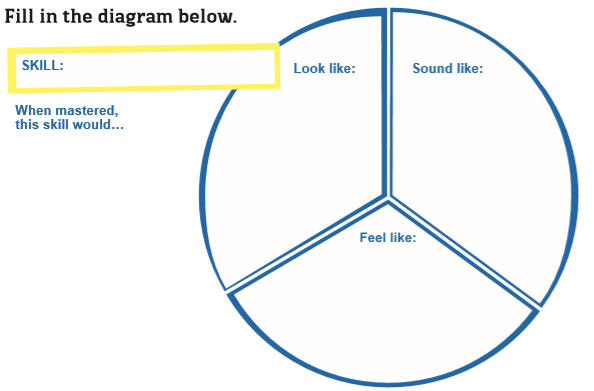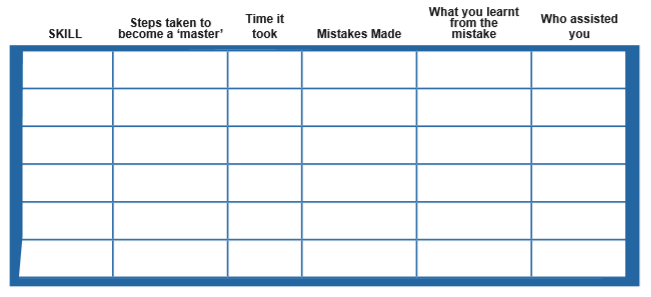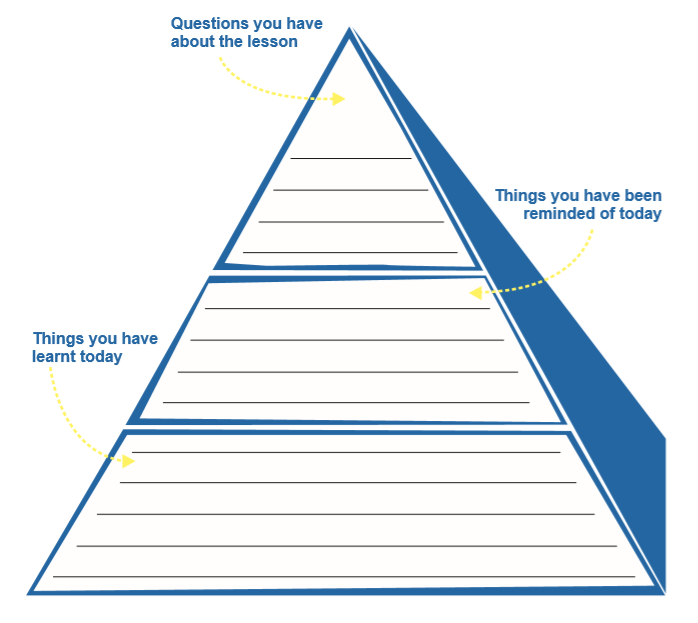Approaching learning in terms of ‘mastery’ and ‘not yet’ improves students resilience in the face of failure. This lesson explores the importance of developing growth mindsets by setting achievable goals. This is important for students mastering skills and improving overall learning and resilience throughout life.

Year level
7-10

Duration
60 minutes

Type
In class activity

SEL Competencies
Self-awareness
Self-management
Social awareness
Learning intention
To reflect on the importance of seeking assistance, learning from failure and developing a positive mindset.
Key outcomes
By the end of the lesson, students will understand that:
reflection on mistakes and successes is a key tool when progressing towards mastery of a skill
seeking support and/or assistance will help with progression towards mastery of a skill/task.
Materials needed
Whiteboard
Mapped to
Australian Curriculum: General Capabilities
Personal and Social Capability:
Social awareness
Social management
Self-awareness
Self-management
Activity 1
Opposite hands
10 minutes
Students work in pairs and use their non-dominant hand to write the words to do with mindsets backwards for the other person to guess. Word examples could include: Mindset, Growth, Fixed, Yet, Feedback, Failing, Learning.
Activity 2
Individual activity: Tracking mastery
20 minutes
Draw the tracking mastery Y chart on the board.
Students are to copy and complete the chart. For example:
SKILL: Shooting a three-pointer.
Looks like: Ball leaves the hands cleanly, travels in an arc towards the ring, goes through the middle of the ring.
Sounds like: Swoosh.
Feels like: Tingling in hands as the ball leaves the fingertips, butterflies in stomach as the ball goes in.
Whole class discussion: Students volunteer to share the skill/task they have mastered.
Activity 3
Individual activity: Backward mapping
20 minutes
Students copy the table below and write the skills they feel they have mastered.
What were the steps involved in becoming a ‘master’ at this skill? Outline them in the table, including a timeline and information on who assisted you to become a ‘master’.
Activity 4
Reflection: Learning pyramid
10 minutes
Draw a learning pyramid on the board.
Students copy and complete the learning pyramid regarding their participation in the lesson by answering the following questions:
What questions do you have about the lesson?
What things have you been reminded of today?
What things have you learnt today?






